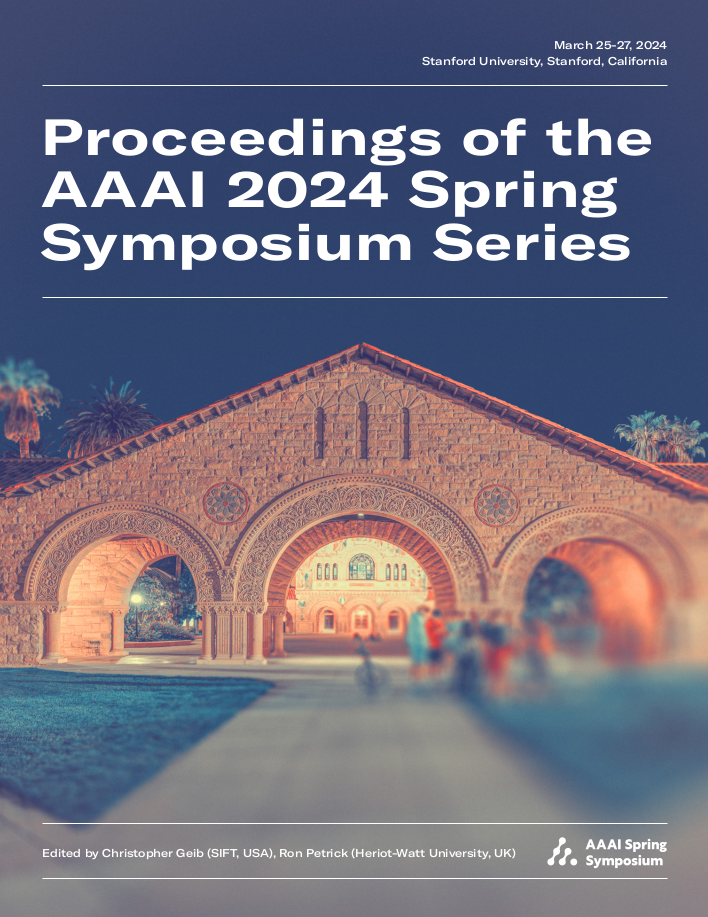AI Literacy for Hispanic-Serving Institution (HSI) Students
DOI:
https://doi.org/10.1609/aaaiss.v3i1.31267Keywords:
Increasing Diversity in AI Education and ResearchAbstract
Degree completion rates for Hispanic students lag far be-hind their white non-Hispanic peers. To close this gap and accelerate degree completion for Hispanic students at Hispanic-Serving Institutions (HSIs), we offer a pedagogical framework to incorporate AI Literacy into existing programs and encourage faculty-mentored undergraduate research initiatives to solve real-world problems using AI. Using a holistic perspective that includes experience, perception, cognition, and behavior, we describe the ideal process of learning based on a four-step cycle of experience, reflecting, thinking, and acting. Additionally, we emphasize the role of social interaction and community in developing mental abilities and understand how cognitive development is influenced by cultural and social factors. Tailoring the content to be culturally relevant, accessible, and engaging to our Hispanic students, and employing projects-based learning, we offer hands-on activities based on social justice, inclusion, and equity to incorporate AI Literacy. Furthermore, combining the pedagogical framework along with faculty-mentored undergraduate research (the significance of which has been shown to have numerous benefits) will enable our Hispanic students develop competencies to critically evaluate AI technologies, communicate and collaborate effectively with AI, and use AI as a tool anywhere; preparing them for the future and encouraging them to use AI ethically.Downloads
Published
2024-05-20
Issue
Section
Increasing Diversity in AI Education and Research

